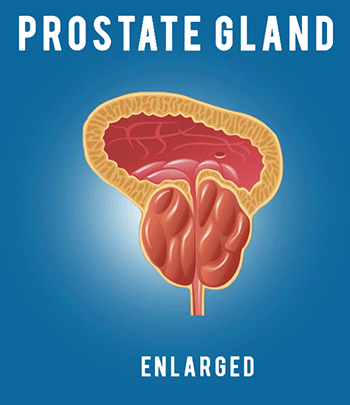How Can Positive Emotions Be Good for Your Heart?
How Can Positive Emotions Be Good for Your Heart?

In our modern society, especially in North American and European countries, we are all accustomed to hiding and repressing emotions, because it has been considered that if we are not in control of our emotions, we can be perceived as weak. Naturally, with repressing emotions we lose our chance to feel them. Thus, we become more or less distant from our emotional nature, disabled not only to experience negative emotions, but also to feel the positive. Very often, long-term repression leads to different health issues, and prevents us from living fully. According to the study from Columbia University Medical Center published in the European Heart Journal, there is a strong link between positive emotions and heart condition. The research has shown that the participants with no positive affect have 22% higher risk for heart disease from the participants that have only modest positive emotions. Furthermore, the participants that have shown little positive emotions are at 22% higher risk of those with mild positive emotions. The following article “5 Proven Ways to Feel Happier” gives us some suggestions on how to enhance positive emotions.
How Can Positive Emotions Be Good for Your Heart?
Go List-Crazy
Hopeful people are confident they can achieve goals. They also trust others, believe in their ability to overcome difficult situations, and have a spiritual side that gives them empowerment, connection, and reassurance, says Anthony Scioli, Ph.D., a professor of psychology at Keene State University. He suggests thinking about your long-term goals and how they can drive your life. “Try to come up with lists of people, places, and things that can empower you and help you reach those ends,” he says. Then, when you encounter obstacles, think: Are these challenges real, or have I created them? “If they are real, confronting them is better than denial,” says Scioli.
Get Spiritual
This doesn’t necessarily have to mean religion. “It’s reasonable to think about what your spiritual needs are,” he says. “Look at pros and cons of different spiritual traditions—they provide different types of hope.” Even simply volunteering or helping others can be a spiritual experience in itself, he says. It can leave you feeling more hopeful about the future.
Switch Up Your Schedule
Zest is how much energy and excitement you bring to daily life. Mixing up your routine may foster it: In a 2012 paper in theJournal of Happiness Studies, people improved their levels of zest by making a conscious effort to work physical activity and sports, social activities, and challenging tasks into their daily routines. They reinforced the schedule enhancements by writing down a description of the activities they added to each day.
Learn to Love Meditation
A landmark study published in the Journal of Personal and Social Psychology suggests that you can increase your potential to love yourself and others with “loving-kindness meditation.” Like other types of meditation, this involves sitting with your eyes closed and focusing on your breath. However, instead of centering your mind on the moment, you think about a person you love and then extend those good feelings to yourself and others. This may help you experience and pay attention to positive emotions, the researchers say.
Talk to Yourself
Social intelligence is your ability to navigate social situations and relate to other people. Easier said than done, right? You can start by asking yourself: How often do I find myself blaming other people for social situations that didn’t go the way I wish they had? “Then if you notice that you find yourself saying that, attributing it to other people, ask yourself: What role did I play in the situation, even if I think it’s 90 percent the other person’s responsibility?” suggests Ilene Wasserman, Ph.D., founder and president of ICW Consulting. You might find that you’re making a consistent mistake that leads to conflicts or bad feelings, and then you can take steps to correct it.
The survey has also shown that the participants, who feel happy, content, and enthusiastic about life in a long period of time, are less affected by current negative emotions, and their risk for cardiovascular disease stays at the same level. This suggests that it is quite normal to feel some negative emotions from time to time, especially when we encounter stressful periods in our lives, but what really matters is what we habitually do and how we used to feel for most of our time. As Aristotle once said, ‘we are what we repeatedly do; excellence, then, is not an act, but a habit’.


